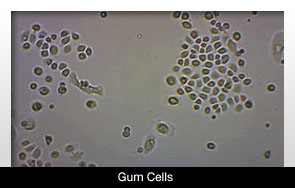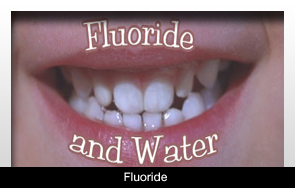Written by Dentistry TodayThursday, 07 March 2013 16:49
 |
Drinking wine after having your teeth whitened may be the worst substance one can consume. Even worse than coffee.
A recent study in the February issue of Acta Odontologica Scandinavicashowed this was the case based on a Brazil research team’s findings. The study showed that the stains produced from wine were more damaging than the coffee stains.
The group of researchers from a practice in Sao Paolo, Brazil explored the staining that resulted from red wine and coffee before and after a teeth-whitening treatment. The molars were broken into 11 groups utilizing wine, coffee and a control substance. A spectrophotometer was used to determine color change among the teeth.
The research indicated that there wasn’t much change in the concentration of the carbamide peroxide during the whitening treatment. When the treatment concluded, however, there was a large difference in the concentration involving the groups treated with coffee and red wine.
The research team explained its findings by stating that during remineralization of the enamel, the saliva and bleaching agent thwart the possible staining of the enamel. But after the treatment was finished, the red wine and coffee stained the enamel. The stains from the wine were definitively worse, based on this study.

